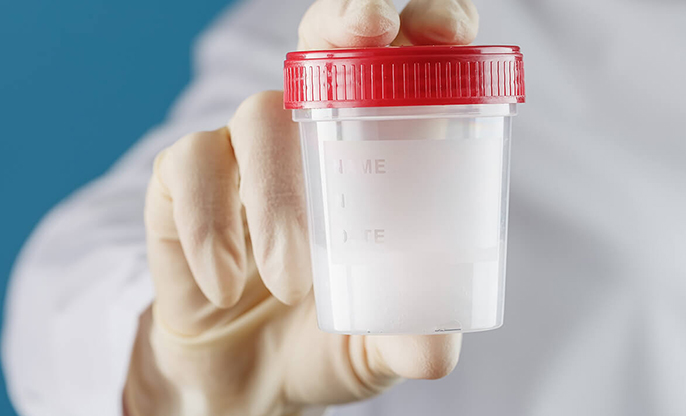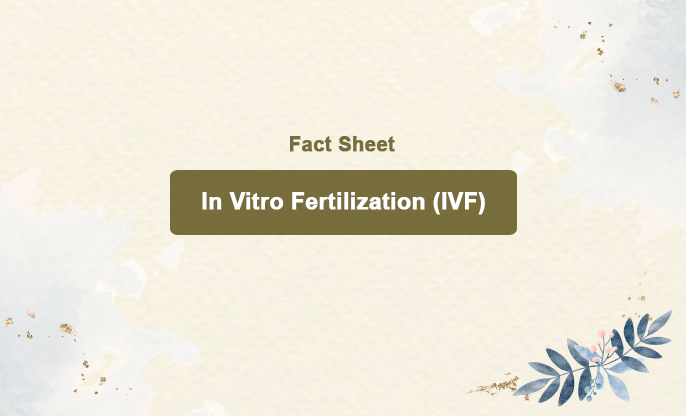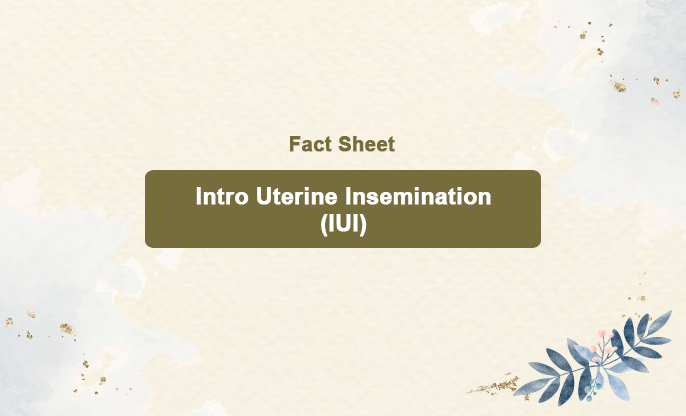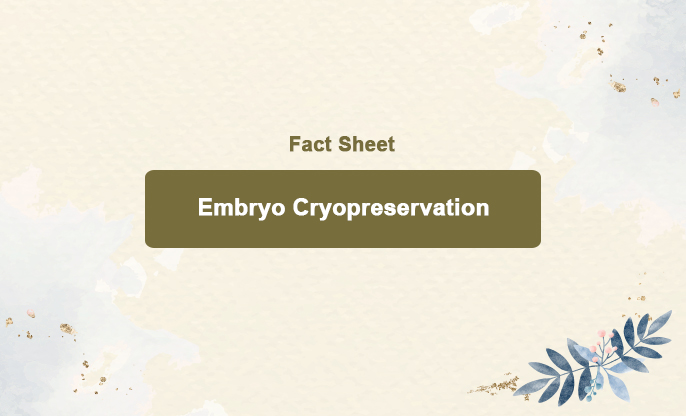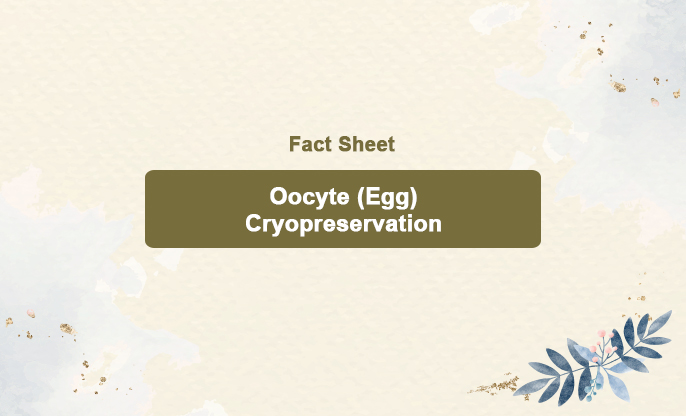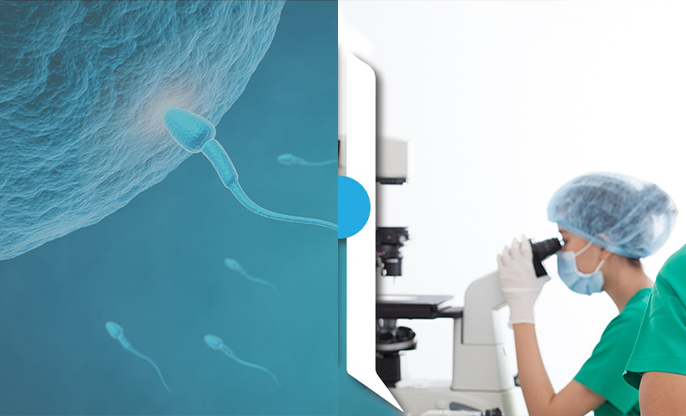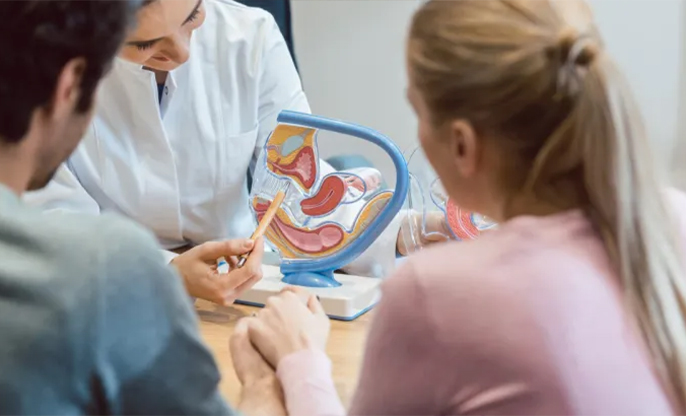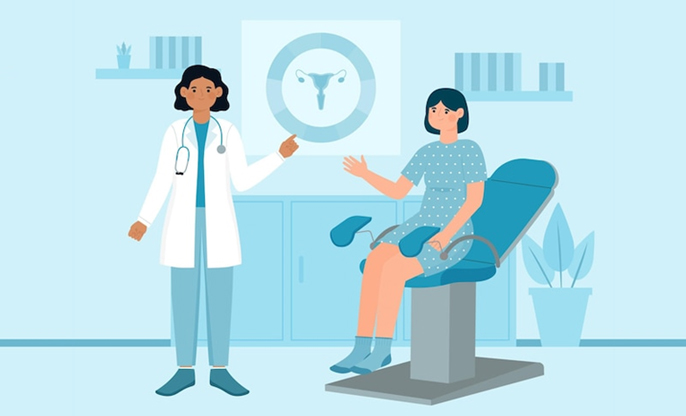
In the world of assisted reproduction, genetic testing is a beacon of hope for ensuring the health of our future children. Techniques like Preimplantation Genetic Diagnosis (PGD) and Preimplantation Genetic Screening (PGS) are revolutionary, allowing us to check the genetic health of embryos before they’re even implanted. These tests are crucial for catching any genetic or chromosomal issues early, boosting the chances of a healthy pregnancy and reducing the risk of passing on genetic disorders.
Let’s explore what PGD and PGS involve and how they could be a game-changer for hopeful parents like us.
Preimplantation
Genetic Diagnosis (PGD)
PGD is a special test for embryos created through IVF,
especially helpful if you or your partner might pass on a genetic condition.
It’s about making sure we can give our child the best start, free from specific
genetic disorders.
● Embryo Creation: Our embryos
start their journey in the lab, crafted from our own genetic material.
● Biopsy: When the
embryos are just a few days old, a few cells are gently taken from each one.
● Genetic Analysis: These cells are
meticulously checked for mutations tied to diseases like cystic fibrosis or
Huntington’s disease.
● Selection: We only move forward with embryos that are clear of these genetic conditions, setting the stage for a healthy pregnancy.
Benefits of PGD:
● It
slashes the risk of our child facing serious genetic diseases.
● It boosts
the chances of a successful pregnancy.
● It offers us peace of mind knowing we’re doing all we can to ensure our child's health.
Preimplantation
Genetic Screening (PGS)
PGS, or PGT-A, is about screening for aneuploidies - the
kind of chromosome issues that can lead to miscarriages or unsuccessful IVF
cycles. This is often recommended if you’re a bit older, have had multiple
miscarriages, or if IVF hasn’t been successful in the past.
● Embryo Sampling: This step is
much like PGD, where a few cells are taken from each developing embryo.
● Chromosomal Analysis: These
cells are analyzed to ensure they have the correct number of chromosomes.
● Selection: Choosing embryos with the right chromosomal setup increases our chances of a successful pregnancy and a healthy baby.
Benefits of PGS:
● It can
make IVF more likely to succeed by picking the healthiest embryos.
● It
reduces the heartache of miscarriage linked to chromosomal problems.
● It helps us decide which embryos to transfer, giving us the best shot at expanding our family.
Ethical
Considerations and Limitations
While the promises of PGD and PGS are immense, they also bring up big questions about how far we should go in selecting the genetics of our future children. These tests don’t promise a baby, and they can’t spot every genetic issue. That’s why it’s crucial to talk these options through with specialists and counselors, ensuring we understand all the ethical angles and medical details.
In Closing
PGD and PGS are transforming how we approach starting a family, giving us tools to help ensure our future children are as healthy as possible. If you’re thinking about these options, it’s vital to dive deep with fertility specialists to understand the full scope of what these tests can offer and how they align with your hopes and ethical considerations. This journey to parenthood, armed with knowledge and support, can be filled with informed choices leading to the joy of a healthy family.

